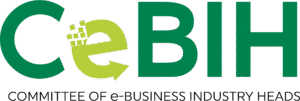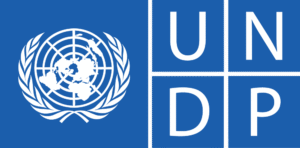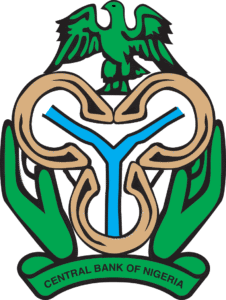Education
Equipping Africa’s Education Sector for the Future
Strengthening Education System with Intermarc Solutions
Education is the backbone of any thriving society—but across Africa, the sector faces challenges in access, quality, infrastructure, and relevance. Intermarc partners with governments, development agencies, and institutions to design and deliver education strategies that bridge these gaps. From digital learning frameworks to curriculum reform, teacher training, and data systems, we help shape inclusive, modern, and responsive education systems.
Our Core Consulting Areas in Education
Curriculum Development & Reform
We support the design, review, and modernization of national and institutional curricula—ensuring alignment with future skills, inclusion, and local relevance.
Digital Learning Strategy
We develop frameworks for integrating technology into teaching and learning—from e-learning platforms to teacher tech training and digital resource development.
Teacher Training & Capacity Building
We design and implement large-scale and targeted professional development programs for teachers, education administrators, and institutional leaders.
Education Data & Quality Assurance Systems
We help ministries and institutions set up systems to track learner outcomes, teacher performance, and school effectiveness—informing better policy and resource allocation.
Policy Advisory & Institutional Strengthening
We advise on reforms and institutional frameworks that promote access, quality, gender equity, and accountability across basic, secondary, and tertiary education.
Why Education Stakeholders Trust Intermarc
Policy-Aligned Interventions
We ensure every solution aligns with national education policies and development goals—whether it’s universal basic education, TVET reform, or higher education transformation.
System-Level Thinking
We don’t just fix isolated issues—we look at the entire ecosystem. Our consulting addresses infrastructure, capacity, curriculum, delivery, and accountability in a connected way.
Evidence-Based Design
Our programs are grounded in data, stakeholder input, and global education standards—tailored to the cultural and operational realities of each context.
Sustainability First
We work closely with ministries, school leaders, and partners to ensure capacity, ownership, and continuity—beyond the life of any one project..
Let’s Reimagine Education Together
We’ve worked with education ministries, development partners, private institutions, and civil society to support reforms, drive innovation, and improve learning outcomes at scale.
Are you designing a national education strategy, implementing digital learning, or building institutional capacity? We’re ready to support your vision.






Hear Directly
From Our Experts
Financial Planing FAQ’s
Common questions on financial planning and investing
What should a financial plan include?
A solid financial plan ought to cover a thorough look at your personal goals and aspirations, alongside an evaluation of your investment holdings. It should map out your expected income and expenses both before and after retirement, weigh the pros and cons of different retirement and investment account options, and outline strategies for retirement preparation, tax efficiency, charitable contributions, and safeguarding your assets through insurance.
On top of that, it should offer clear, actionable advice and steps to turn your goals into reality. To guide you toward the best decisions, a good plan will also lay out a variety of potential scenarios—plus some alternative ones—for you to consider.
Can you help me plan for retirement?
Retirement age varies widely from person to person. The big question is whether you’ve got enough saved up to support the lifestyle you’re aiming for, especially since retirement could stretch on for 30 years or longer. Your income during those years will likely come from a mix of sources: retirement accounts and savings, a pension if you have one, brokerage accounts, Social Security payments, annuity income if you’ve set that up, and any other investments you’ve built over time.
What is your investment philosophy?
We base our investment approach on evidence and decades of market history, not guesswork about the future. Research shows market timing doesn’t work. Instead, we focus on what you can control: risk, asset allocation, costs, and taxes. Emotional decisions often hurt long-term returns, so we aim to avoid those pitfalls.
Diversification lowers risk—not just by holding many assets, but by mixing company sizes, sectors, and balancing stocks and bonds. Risk can’t be erased, but it can be managed.
We keep expenses low with cost-effective mutual funds and ETFs, since high fees can erode even a well-diversified portfolio’s gains.
Taxes matter too. While unavoidable, they can be minimized with a smart, tax-aware strategy.
Will I have a dedicated advisor?
Absolutely, you’ll have your own personal advisor. At Execor, we’re all about building a strong, one-on-one connection between you and your advisor. We know everyone’s financial path is different, so we pair every client with a dedicated advisor who’s focused on getting to know you and helping you reach your unique financial goals.
